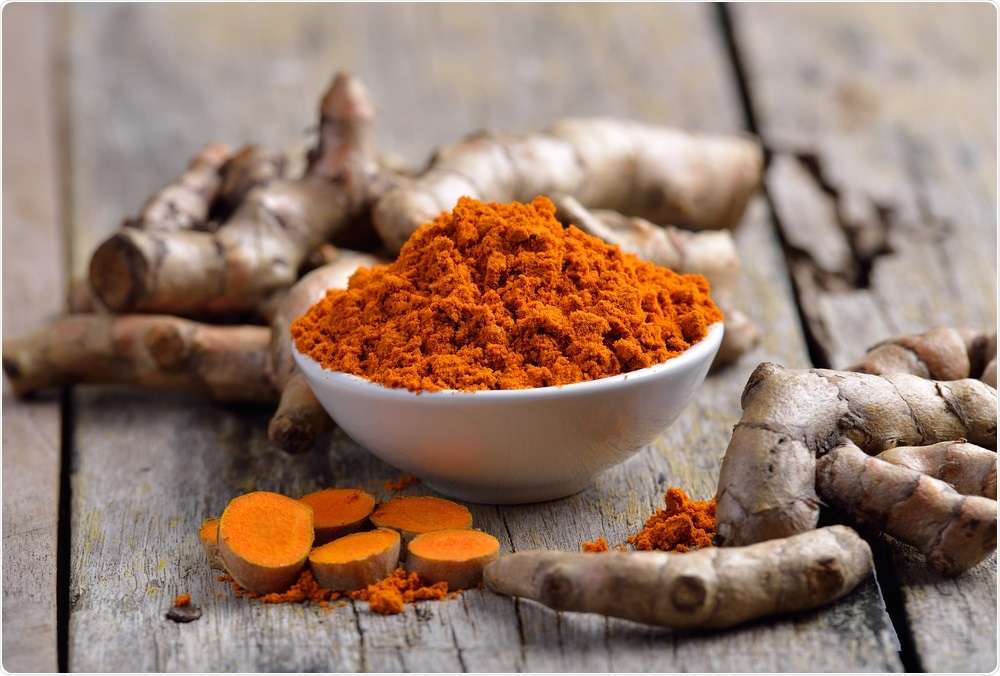New research has revealed that the natural compound curcumin, which is present in the spice turmeric, can potentially eliminate specific viruses.

Image Credit: SOMMAI/Shutterstock.com
Published in the Journal of General Virology, the study demonstrated that curcumin is capable of preventing transmissible gastroenteritis virus (TGEV)—an alpha-group coronavirus that is known to infect pigs—from infecting cells. Higher doses of this compound were also found to destroy virus particles.
TGEV infection leads to a disease known as transmissible gastroenteritis in piglets, which leads to symptoms like severe dehydration, diarrhoea, and death. It is also highly infectious and is perpetually deadly in piglets that are younger than two weeks, thereby posing a significant threat to the swine industry across the world.
At present, no approved treatments are available for alpha-coronaviruses and while a vaccine is available for TGEV infection, it is ineffective in inhibiting the spread of the virus.
To find out the possible antiviral characteristics of curcumin, the researchers treated experimental cells with numerous concentrations of the compound and then tried to infect them with TGEV. The team observed that higher amounts of curcumin were able to decrease the number of virus particles present in the cell culture.
The study indicates that curcumin has an impact on TGEV in several ways—by embedding with the viral envelope to “inactivate” the virus, by immediately destroying the virus before it can infect the cell, and by modifying the metabolism of cells to inhibit the entry of the virus.
Curcumin has a significant inhibitory effect on TGEV adsorption step and a certain direct inactivation effect, suggesting that curcumin has great potential in the prevention of TGEV infection.”
Dr Lilan Xie, Study Lead Author and Researcher, Wuhan Institute of Bioengineering
It has been demonstrated that curcumin suppresses the replication of certain types of virus, such as Zika virus, hepatitis B, and dengue virus. In addition, the compound has been found to have several important biological effects, like antibacterial, anti-inflammatory, and antitumor activities. For this study, curcumin was selected because according to Dr Xie, it has low side effects.
The researchers stated, “There are great difficulties in the prevention and control of viral diseases, especially when there are no effective vaccines. Traditional Chinese medicine and its active ingredients are ideal screening libraries for antiviral drugs because of their advantages, such as convenient acquisition and low side effects.”
The team now hopes to pursue the study in vivo, employing an animal model to evaluate whether the inhibiting characteristics of curcumin would be observed in a more complex system.
Further studies will be required, to evaluate the inhibitory effect in vivo and explore the potential mechanisms of curcumin against TGEV, which will lay a foundation for the comprehensive understanding of the antiviral mechanisms and application of curcumin.”
Dr Lilan Xie, Study Lead Author and Researcher, Wuhan Institute of Bioengineering
Source:
Journal reference:
Li, Y., et al. (2020) Antiviral and virucidal effects of curcumin on transmissible gastroenteritis virus in vitro. Journal of General Virology. doi.org/10.1099/jgv.0.001466.